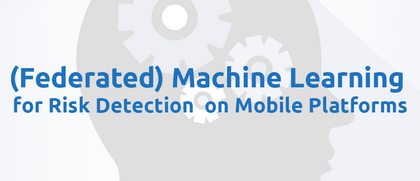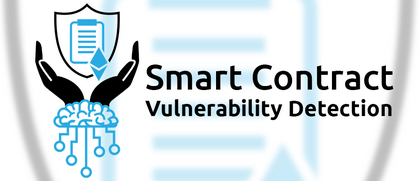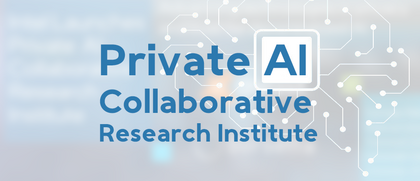Trustworthy Machine Learning for Privacy & Security
Current Projects
Ransomware Detection with Machine Learning
Data has become more critical than ever in today's digital transformation era. The amount of data we produce daily is astonishing — every day, hundreds of millions of people are taking photos, making videos, and exchanging messages. Given such trends, the importance of database security is hard to overestimate: The rapid growth of the data volume stored in the databases in cloud environments and enterprise data centers makes them attractive attack targets. ❯ More
Smarter Contracts - Vulnerability Detection using Deep Neural Networks
Smart Contracts are computer programs that execute on a blockchain. The nature of blockchains allows one to run Smart Contracts in a trustless and decentralized environment. In this project, we demonstrate the effectiveness of Deep Neural Networks in the domain of Smart Contract vulnerability detection. ❯ More
Private AI Collaborative Research Institute
Intel, in collaboration with Avast and Borsetta, launched the Private AI Collaborative Research Institute to advance and develop technologies in privacy and trust for decentralized AI. ❯ More
Past Projects
Liveness Detection for Facial Authentication Systems

Facial authentication systems are being used globally to ease the authentication process of various applications. Attackers have become interested in bypassing such systems in order to gain illicit access to restricted areas. Aggravatingly, past research has shown that state-of-the-art facial authentication systems are vulnerable to simple attacks. This project works on a Machine Learning based solution that detects the presence of attacks and thereby provides resilience for existing facial authentication systems. ❯ More
(Federated) Machine Learning for Risk Detection on Mobile Platforms

The importance of security and protection of private information on mobile devices has increased in recent years due to the widespread use of these devices. This lead to the intensive use of mobile platforms for security-critical tasks, such as online banking, mobile payments, healthcare applications or business-related activities. On another hand, mobile platforms became attractive attack targets, since they store and process a significant amount of security-critical information, such as authentication credentials, payment information, and access tokens. ❯ More





